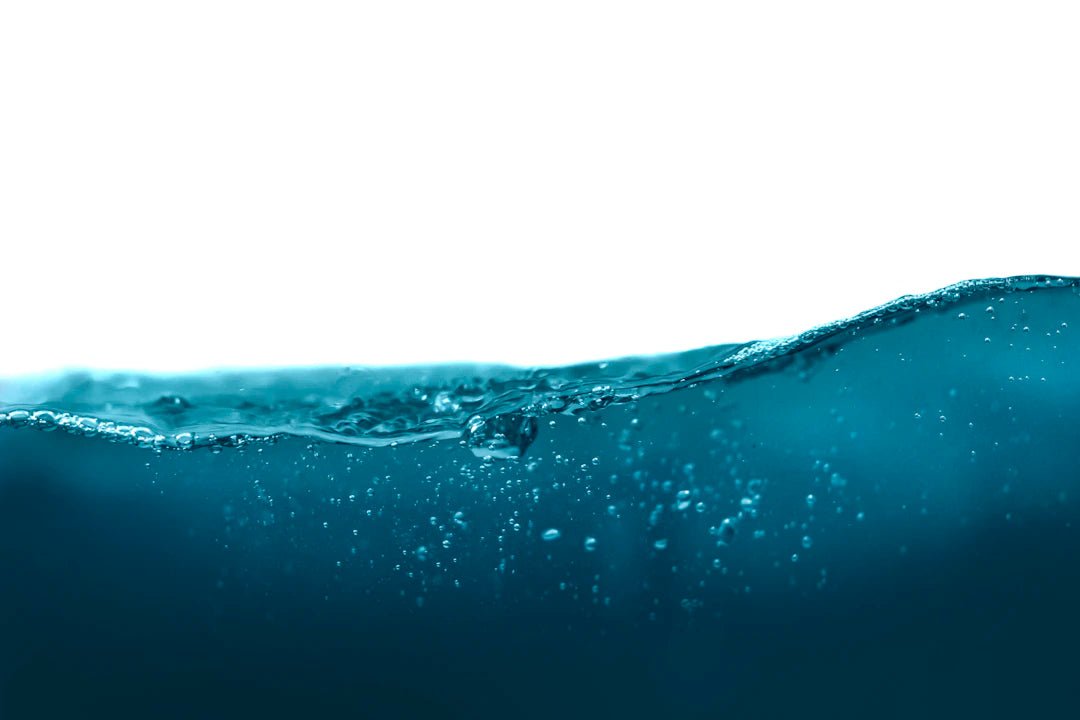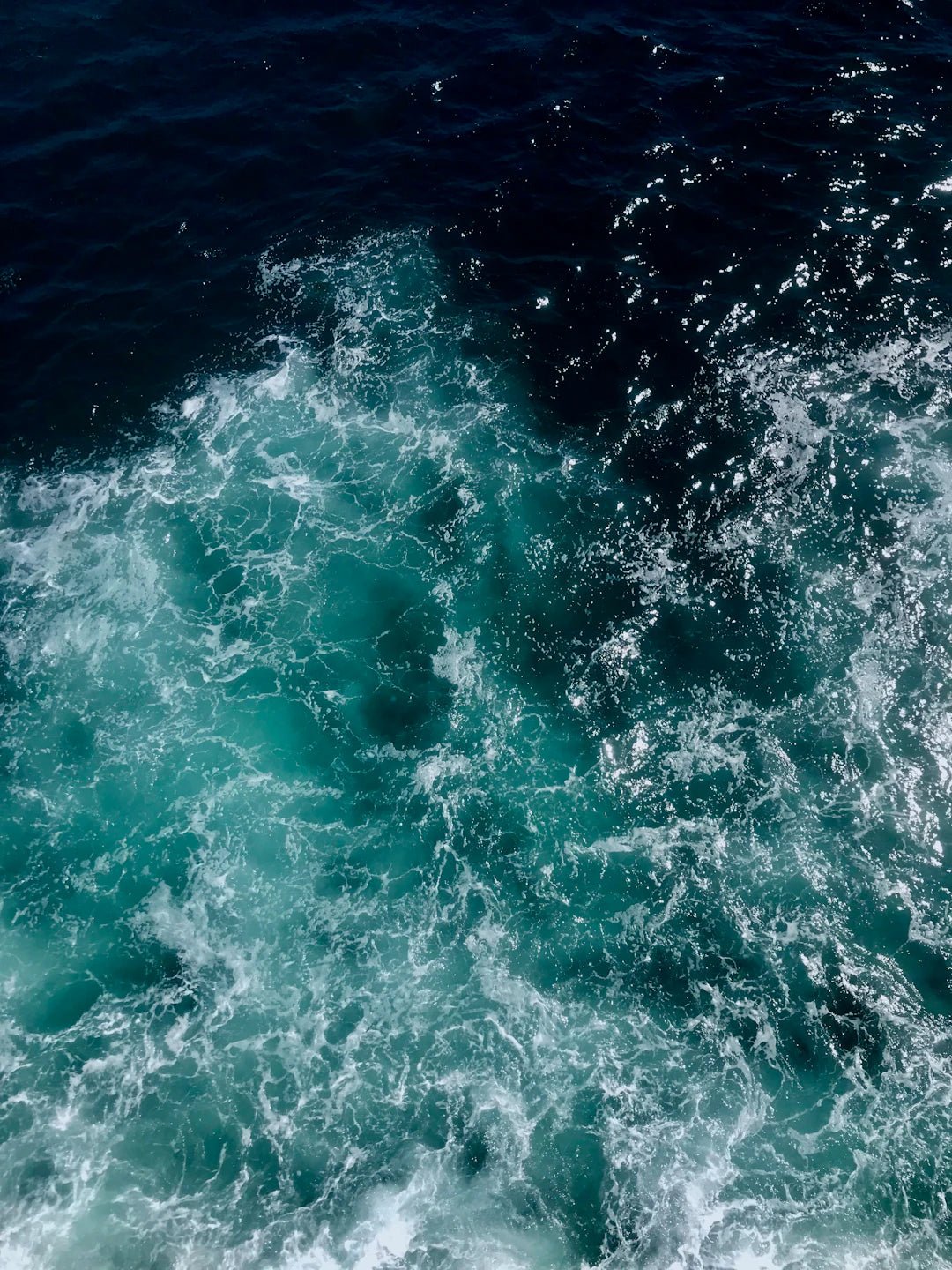Essential Legal Tips for Installing Reverse Osmosis Systems
Frequently Asked Questions
1. What is a reverse osmosis system?
2. What are the legal regulations for installing a reverse osmosis system in Australia?
3. Why is it important to consult a qualified professional for installation?
4. What environmental considerations should be taken into account when using a reverse osmosis system?
5. How can I ensure my reverse osmosis system meets quality standards?
Installing a reverse osmosis system is a significant step towards ensuring clean and safe water for your household. However, as with any home installation, there are legal considerations to keep in mind, particularly in Australia. This guide will help you navigate the legal landscape so you can enjoy the benefits of a top-notch water filtration system, like a Rippl Pure Glass Drink Bottle, without any hassles.
Understanding Reverse Osmosis Systems
Reverse osmosis (RO) is a water purification technology that uses a semipermeable membrane to remove ions, molecules, and larger particles from drinking water. It’s widely recognized for its effectiveness in delivering clean, safe water. For Australians seeking high-quality water, investing in a reverse osmosis system can be a game-changer.
What Makes Reverse Osmosis Unique?
The key distinction of reverse osmosis is its ability to remove a wide array of contaminants, including:
- Heavy metals like lead and mercury
- Chlorine and other disinfectants
- Bacteria and viruses
- Organic compounds
Understanding these capabilities can help you make informed decisions about your water filter options.
Legal Regulations Governing Water Filtration Systems in Australia
Before installing a reverse osmosis system, it's crucial to be aware of relevant legalities. The Australian government places emphasis on ensuring that all water filters and purification systems comply with local standards to safeguard public health.
Australian Drinking Water Guidelines
The Australian Drinking Water Guidelines (ADWG) set forth comprehensive information about the expected quality of drinking water. Adhering to these guidelines is vital when you install any water filtration system, including reverse osmosis systems.
For instance, systems must effectively reduce contaminants defined in the guidelines, ensuring that the water dispensed meets safety standards. Always verify that your selected reverse osmosis system is compliant with these standards to steer clear of legal issues.
Installation Regulations
Installation of reverse osmosis systems also comes under scrutiny. These systems must be installed correctly to prevent leaks and contamination. In Australia, many states and territories have specific regulations regarding plumbing and water connections.
Here are important points to consider:
- Installation may require a licensed plumber, depending on state laws.
- Permits might be needed if the installation involves significant plumbing modifications.
- All installations must comply with the National Construction Code of Australia.
Understanding Local Water Supply Regulations
Your local government may have additional regulations governing water supply and treatment systems. These can vary significantly from region to region but generally aim to ensure safe drinking water for consumers.
Community and Water Provider Standards
Water providers often have standards for water quality, safety, and consumer rights. These regulations ensure that water supplied to residents meets health and safety protocols. When installing a reverse osmosis system, it’s wise to connect with your local water authority to ensure compliance with their regulations.
It’s essential that your water filter system does not conflict with water supply standards, as this could lead to fines or mandated corrections.
Labeling and Advertising Regulations
If you're considering commercializing your reverse osmosis systems, especially under a brand name like Rippl Pure, you must comply with Australian Consumer Law (ACL). This includes adhering to proper labeling and advertising standards.
Consumer Protection and Misleading Claims
Under ACL, businesses must provide accurate descriptions of their products, ensuring that there are no misleading claims. This is crucial for building consumer trust, especially when marketing high-quality products, like the Rippl Pure Glass Drink Bottle.
- All product information should accurately represent the filtration capabilities and benefits.
- Claims regarding health benefits must be backed by credible scientific evidence.
Installation Best Practices to Avoid Legal Pitfalls
To ensure a hassle-free installation process, follow the best practices below:
Consult a Qualified Professional
Whenever in doubt, consult a licensed plumber or water treatment specialist who understands local codes and regulations. They can guide you through the process and help ensure compliance with every stage of installation.
Keep Accurate Records
Retention of all documents related to the purchase, installation, and maintenance of your water filtration system is vital. This can include:
- Receipts and warranties
- Installation records
- Maintenance logs
Having these records can be valuable if you encounter legal disputes regarding your system in the future.
Environmental Considerations
As you consider the legal aspects of installing a reverse osmosis system, don’t forget the environmental impact. Australia places importance on sustainable practices, particularly concerning water usage.
Wastewater Management
Reverse osmosis systems can generate wastewater during the filtration process. It's essential to manage this waste appropriately. For example:
- Install a system with a low wastewater ratio to mitigate environmental impact.
- Explore options for reusing wastewater, such as irrigation for gardens.
Being mindful of your system's environmental footprint demonstrates responsibility and can help mitigate any potential regulatory scrutiny.
Tips for Choosing the Right System
When selecting the perfect reverse osmosis system for your household, consider a few essential factors:
Quality Standards and Certification
Always look for systems that are certified by recognized standards such as the Water Quality Association (WQA) or NSF International. These certifications ensure that your system meets the required performance standards.
Maintenance Requirements
Regular maintenance is crucial to ensure the efficient operation of your reverse osmosis system. Check the user manual for specific maintenance guidelines and frequency recommendations.
Stay Informed About Changes in Regulations
Legal environments evolve, and it’s essential to stay informed about any changes in regulations related to water filtration systems in Australia. Being proactive can help you ensure compliance and avoid legal complications.
Join Industry Associations
Joining local or national water treatment associations can provide you with valuable resources, knowledge, and support. These organizations often educate members about regulatory updates and best practices in the industry.
Ultimately, Your Water Is Worth It!
Installing a reverse osmosis system not only improves your water quality but also safeguards your family’s health. It's crucial to navigate the legal considerations effectively to enjoy the many benefits this system has to offer. By following the outlined guidelines and staying compliant with all regulations, you can enjoy crystal-clear water delivered directly into your Rippl Pure Glass Drink Bottle with peace of mind.



